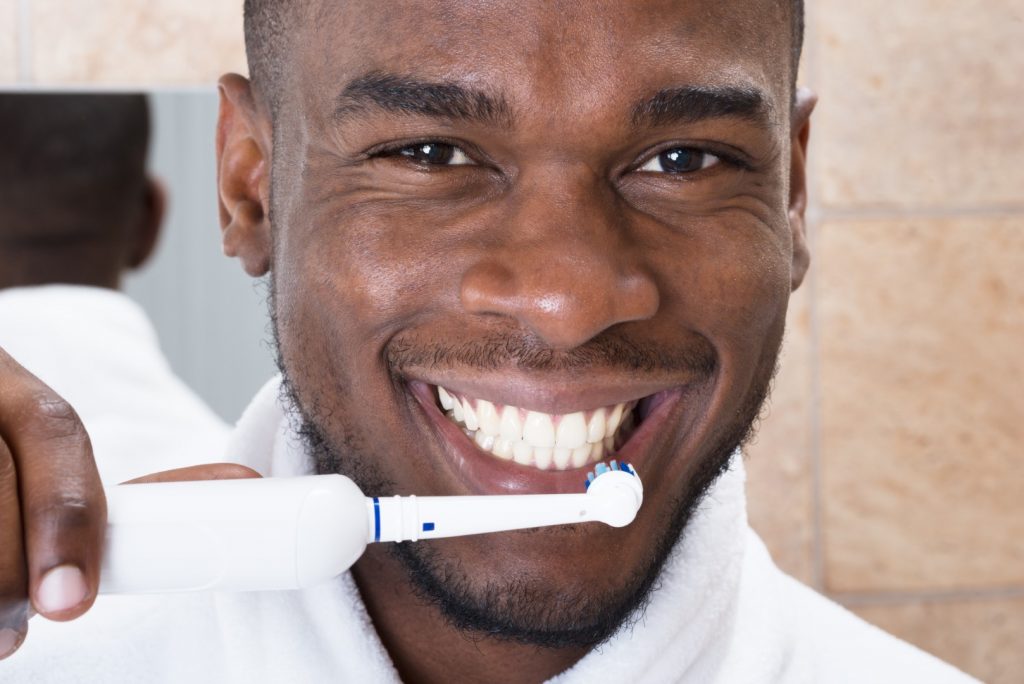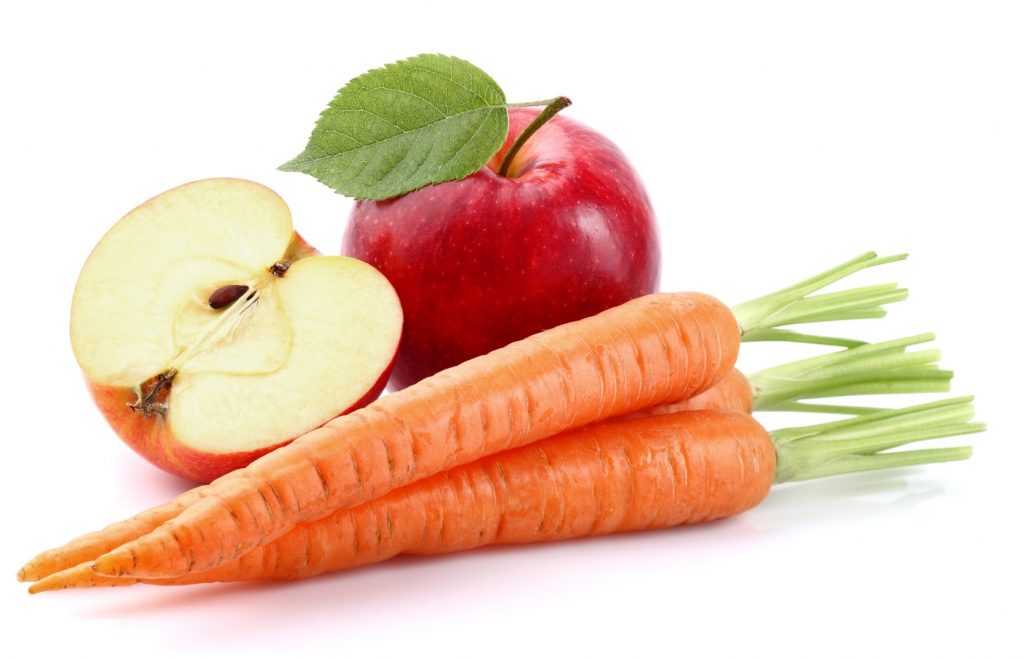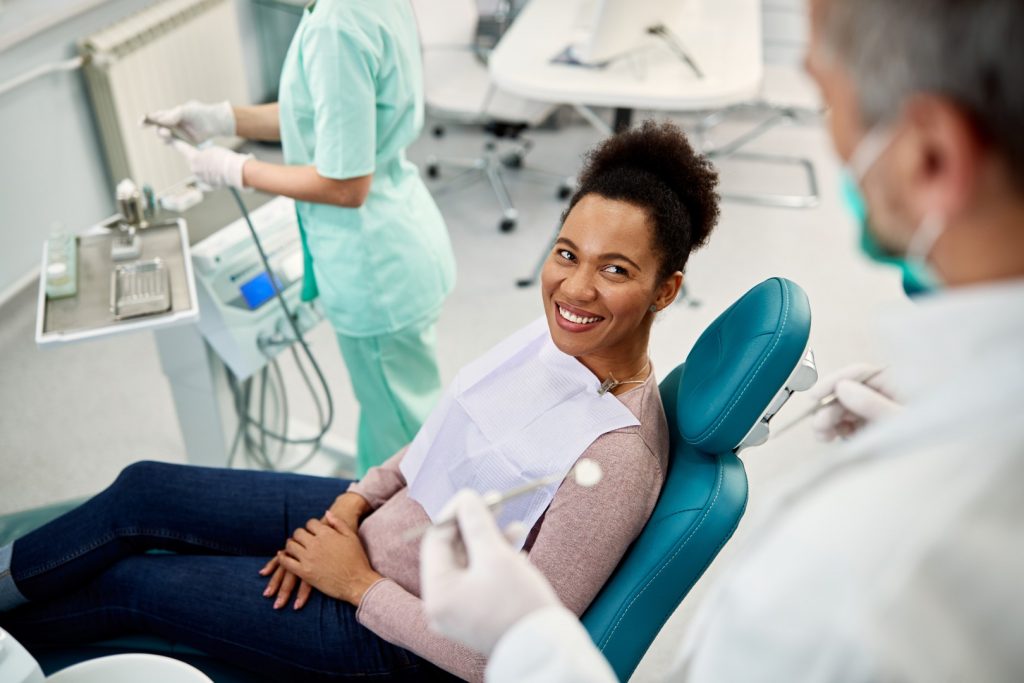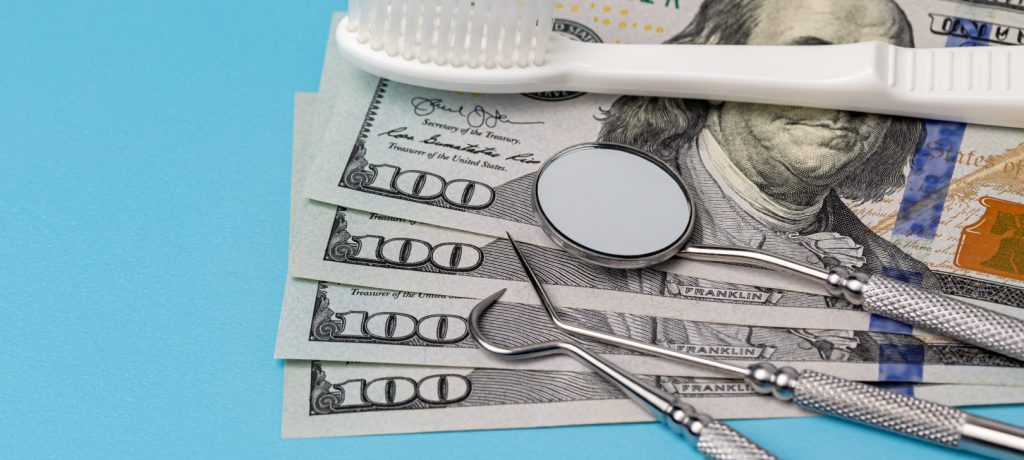Taking care of your teeth and gums on a budget can be a challenge. Keep reading for oral health advice from Penn Dental Medicine at PHMC Public Health Campus on Cedar that you can put into practice without breaking the bank.
1. Prioritize Your Daily Oral Hygiene Routine
A good daily oral hygiene routine is your first line of defense against oral health problems that could cause expensive treatment bills.
Brush Twice a Day With Fluoride Toothpaste
The cost of filling cavities can add up quickly. Treating gum disease (periodontal disease) can also be costly. Brushing for two minutes twice a day helps remove plaque, bacteria, and food particles from teeth and gums, reducing your risk of tooth decay and gum disease.
Manual vs. Electric Toothbrushes
 What’s the best toothbrush for your budget?
What’s the best toothbrush for your budget?
Manual toothbrushes are widely available and cost much less. They don’t require batteries or charging, making them more cost-effective over time.
Electric toothbrushes have a higher upfront cost but can benefit people who struggle with proper brushing techniques. They often come with features like timers and pressure sensors to help ensure a thorough, effective clean. For these reasons, an electric toothbrush could be a smart investment, saving you money on costly treatments down the road.
Cost-Effective Fluoride Toothpastes
Fluoride inhibits the growth of harmful oral bacteria. It also promotes the remineralization of teeth. By using fluoride toothpaste regularly, you can help avoid such pricey treatments as fillings, root canals, and crowns.
Fluoride toothpaste is widely available and affordable. Look for fluoride-based options from trusted brands, especially those bearing the American Dental Association’s (ADA) Seal of Acceptance.
Floss at Least Once a Day
Flossing removes more plaque and food particles from the teeth than brushing alone. A small, inexpensive roll of floss can help you avoid spending money on costly dental procedures later. You can also buy floss in bulk, or opt for store brands to save money.
Rinse With Mouthwash
Using mouthwash regularly, brushing, and flossing can reduce plaque and treat gingivitis (the earliest, completely reversible stage of gum disease).
Consider store brand or generic versions. They often include the same active ingredients as their brand-name counterparts, providing similar benefits for a lower cost. Additionally, look for sales or discounts, and buy in bulk to save money.
2. Know How To Improve Oral Health Through a Healthier Diet
Making healthy diet decisions is another important piece of oral health advice.
Choose foods rich in such essential nutrients as calcium, phosphorus, and vitamin C. They help strengthen teeth and gums, reducing your risk of dental problems.
Some of the best foods for keeping teeth healthy are leafy greens, salmon, cheese, strawberries, unsweetened yogurt, and almonds. Even dark chocolate—in moderation—makes the list.
Including crunchy fruits and vegetables in your diet helps clean your teeth naturally. It also stimulates saliva production, which in turn helps prevent tooth decay.
Avoiding sugary and acidic foods and drinks also helps prevent tooth decay. Limiting your intake of such food and drink is one of the smartest ways to keep teeth healthy and avoid expensive dental repair work.
When you do eat and drink acidic and sugary foods or beverages, rinse your mouth with plain water. Washing away food debris, sugary residue, and bacteria as soon as possible gives them less time to cause your teeth potentially costly harm.
Tips for Eating Healthier on a Budget
 Eating healthy on a budget can be difficult. In particular, low-income and racial-ethnic minority communities often lack easy, affordable access to foods supporting healthy diets.
Eating healthy on a budget can be difficult. In particular, low-income and racial-ethnic minority communities often lack easy, affordable access to foods supporting healthy diets.
But anyone can take some immediate money-saving steps toward eating healthier:
- Drink more water.
You’ll save money on sugary drinks while being kinder to your tooth enamel. - Snack on apples and carrots.
They’re good for your teeth and tend to be affordable. - Focus on inexpensive healthy foods.
Such options include eggs, canned fish, cottage cheese, oats, beans, peanut butter, plain yogurt, and kale and spinach.
3. Visit Your Dentist Regularly for Affordable Oral Health
 Regular dental checkups are one of the most cost-effective ways to keep teeth healthy.
Regular dental checkups are one of the most cost-effective ways to keep teeth healthy.
When you visit your dentist every six months, they can catch worrisome dental issues early. Early diagnosis can prevent more extensive, expensive treatment in the future.
Such preventive measures as cleanings, fluoride treatments, and sealants can help avoid the need for costly procedures. And your dentist can give you healthy teeth tips for keeping your mouth in great condition.
When you visit a low-cost dental clinic, such as a clinic at a dental school that takes patients, you can get discounted dental care.
PDM at PHMC on Cedar offers services for a fraction of what most private practices charge.
Although our rates are already low, we work with patients to ensure treatment won’t break their budget. We accept payments from most dental insurance plans, including all Medicaid plans offered to Southeastern Pennsylvania residents. We also offer flexible, low-interest payment plans to qualifying patients.
We hope you’ve found the oral health advice we’ve shared here useful. By taking proper care and preventive measures, you can achieve and enjoy a healthy mouth and a healthy smile, even on a budget.
For more dental health tips and quality, affordable dental treatment, schedule your PDM at PHMC on Cedar appointment online or call 855-887-9229.






